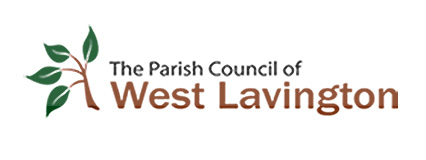The Parish Council provides a number of direct services to the community, and acts as custodian to a number of assets held in the ‘public name’. It has one part-time employee, The Clerk to the Council and 10 voluntary elected councillors.
Our principle asset is the Recreation Ground, off Sandfield, West Lavington (leased from The Holloway Trust). Home to football teams and public events such as the Church Fete, this is a huge space – big enough for two football pitches, a BMX track and two playgrounds – one for juniors and one for seniors. The Council has taken on the responsibility for maintenance, repairs and insurance for these facilities, including the seasonal cutting of the grass by a contractor. The Council also leases out parcels of land for The Village Hall and The Youth Club, which are each managed by independent charities and trustees.
We are also custodians for the bus stops, assist with support for the Closed Burial Ground at All Saints Church and the War Memorial within, as well as The Millenium Cross at the entrance to Sandfield.
Although Wiltshire Council is the Planning Authority, the Parish Council is consulted on each planning application made in the parish. Councillors consider planning applications at their meetings, and inform Wiltshire Council of their views. Members of the public are encouraged to attend Parish Council meetings in order to express their opinions on developments both in support of or against applications.
The Council provides a number of waste bins around the Parish including dog-waste bins at the recreation ground. A contractor is retained to empty these bins weekly.
At each meeting of the Council, reports from a variety of village organisations are often received, and Councillors seek to provide support where necessary in order that local groups can continue to thrive. Reports include observations on Footpaths, and any remedial work that may be required.
Meetings consider various issues for the community such as speeding and volume of traffic, use of roads by large vehicles, inappropriate use of rights of way, facilities for young people, or items of maintenance in the ‘public realm’ that are appropriate for reporting to other authorities.
A budget is managed by the Council, supported by its Clerk, with funds provided through the Council Tax system. Each year the Council decides how much it will need to continue providing services, and to consider whether it should use its powers to expand its range of activities and support for the community. See our Governance page for more details.

